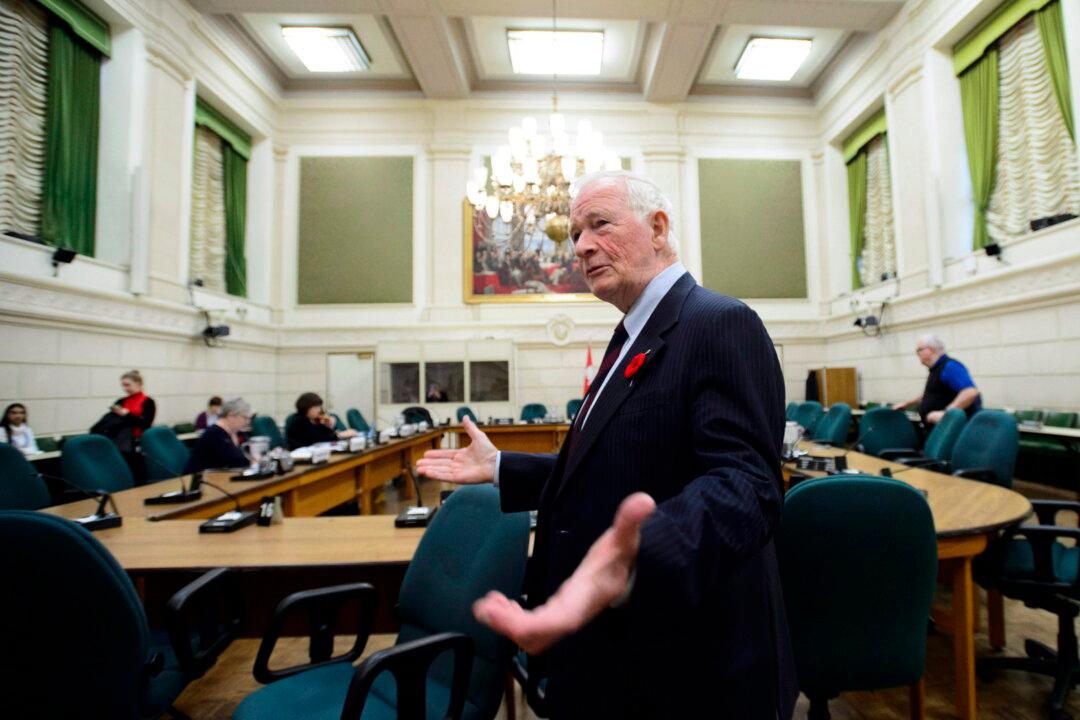The mandate and remuneration details of the “independent special rapporteur,” appointed by Prime Minister Justin Trudeau to investigate foreign interference in Canada’s elections, has been made public.
Two order-in-council releases, published on April 5, provide details on the government’s contract with David Johnston, whose March 21 appointment the feds said was “part of a suite of measures to help protect the integrity of Canada’s democracy.”





